In today's fast-paced digital world, ensuring that contracts are legally binding and enforceable online is more important than ever. With the rise of e-commerce and remote agreements, understanding the nuances of online contract enforcement can save businesses from potential legal headaches down the road. Whether you're a small business owner or a freelance professional, mastering the essentials of digital contracts empowers you to protect your interests effectively. Join me as we delve deeper into the strategies and best practices for securing your online agreementsâread on!

Clarity in Terms and Conditions
Online contracts require clarity in terms and conditions to ensure all parties understand their rights and obligations. Clear definitions of key terms, such as "services," "deliverables," and "payment terms" should be included to eliminate ambiguity. Additionally, the contract should outline specific timelines, including deadlines for deliverables and payment schedules (e.g., net 30 days). It is essential to provide a detailed description of dispute resolution processes, including mediation or arbitration, as well as jurisdictional laws applicable to the contract. This clarity not only enhances enforceability but also fosters trust among parties involved, minimizing the risk of disputes and misinterpretations in the future.
Legal Jurisdiction Specification
In online contract enforcement, the legal jurisdiction specification is crucial for resolving disputes effectively. The jurisdiction refers to the geographic area where legal authority lies, often denoted by specific regions such as states or countries. For instance, contracts involving parties from California may specify that any disputes will be settled in San Francisco County under California state law. Clarity in such specifications ensures that both parties understand where any legal actions must be filed, aligning with local regulations. Additionally, the inclusion of alternative dispute resolution mechanisms, such as arbitration, can influence the choice of jurisdiction, impacting the overall efficiency of dispute resolution processes. Properly defined jurisdictions protect both parties' rights while minimizing complications related to varied legal interpretations across different regions.
Dispute Resolution Mechanism
The dispute resolution mechanism outlines a structured process for addressing conflicts arising from agreements. Mediation serves as the initial step, enabling parties to engage a neutral mediator to facilitate discussions and find mutually acceptable solutions. Should mediation fail, arbitration is the next avenue, requiring parties to submit their case to an arbitrator, ensuring binding decisions based on established rules, such as the American Arbitration Association's guidelines. In instances where local laws apply, the jurisdiction, such as the New York Commercial Code, will govern the arbitration process. The parties should allocate responsibility for costs, ensuring clarity on who bears expenses throughout each phase. This mechanism aims to provide efficient, cost-effective resolution methods while preserving relationships and minimizing disruptions.
Contact Information for Parties
Establishing clear contact information for parties involved in an online contract is essential for effective communication and enforcement. Complete names (including middle initials) should be documented, ensuring legal identities are accurately represented. Additionally, registered business names for corporations must be included, along with corresponding business registration numbers to ensure legitimacy. Addresses should encompass street numbers, names, cities, states, and postal codes, which facilitates proper delivery of contracts and any legal notices. Email addresses should also be provided, allowing for swift electronic communication. Lastly, phone numbers that include area codes are vital for direct contact should any disputes or clarifications arise, ensuring all parties are reachable at all times for contract-related issues.
Consequences of Breach
A breach of online contract terms, such as service agreements or user policies, can lead to significant consequences for the offending party. Legal repercussions may include monetary damages, often determined by the severity of the breach, and can range from thousands to millions of dollars. In some jurisdictions, the breach might trigger specific performance requirements, compelling the breaching party to fulfill their contractual obligations. Additionally, the affected party may seek injunctive relief, a court-ordered action that prevents further violation of contract terms. Public ramifications include damage to reputation, leading to loss of customer trust and potential business revenue decline. In digital environments, breaches may also result in account suspension or termination, impacting user access and service continuity on platforms like e-commerce websites or software services.

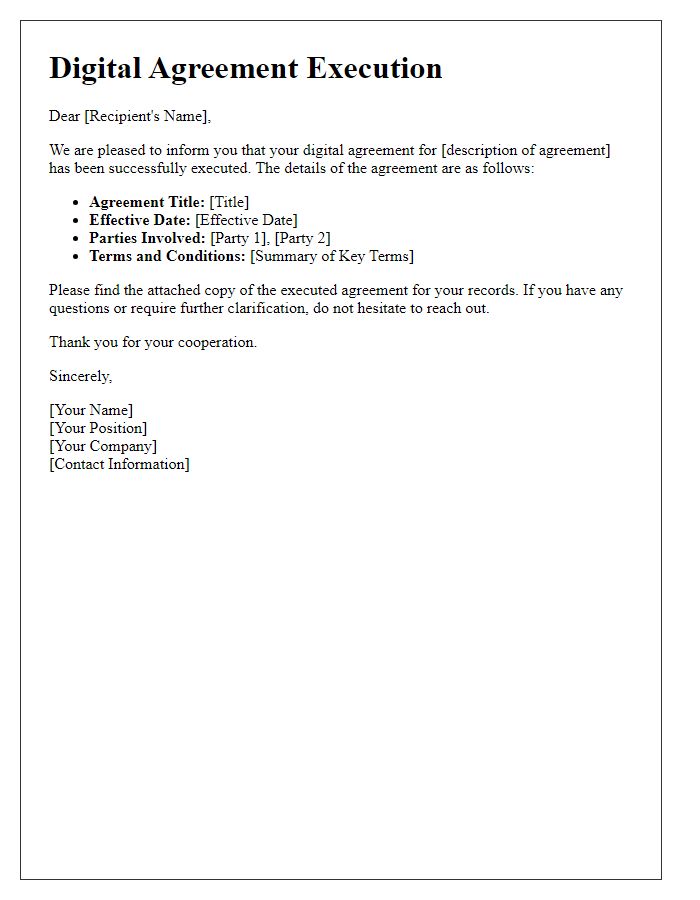
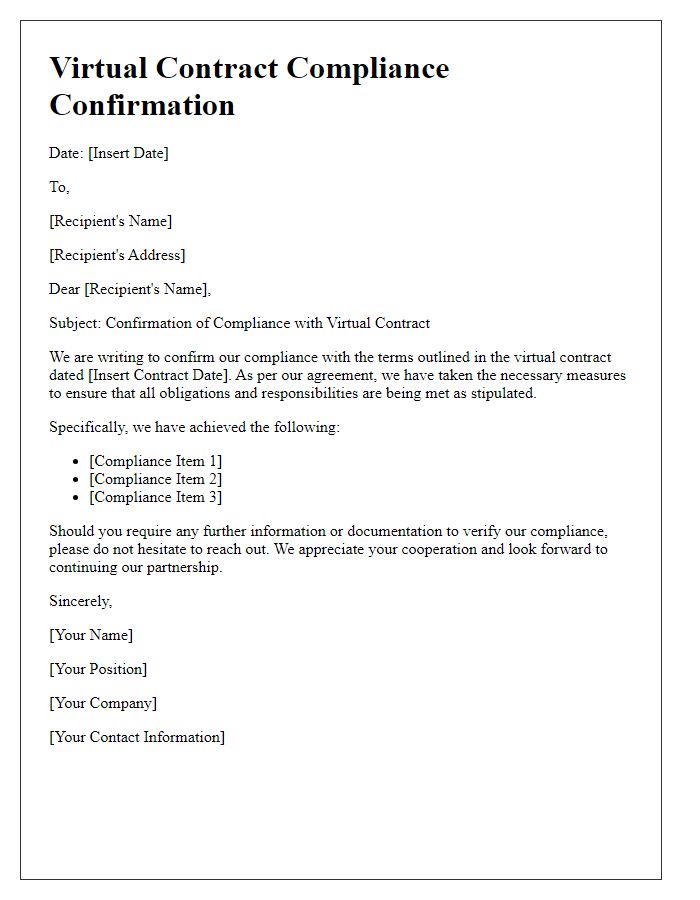
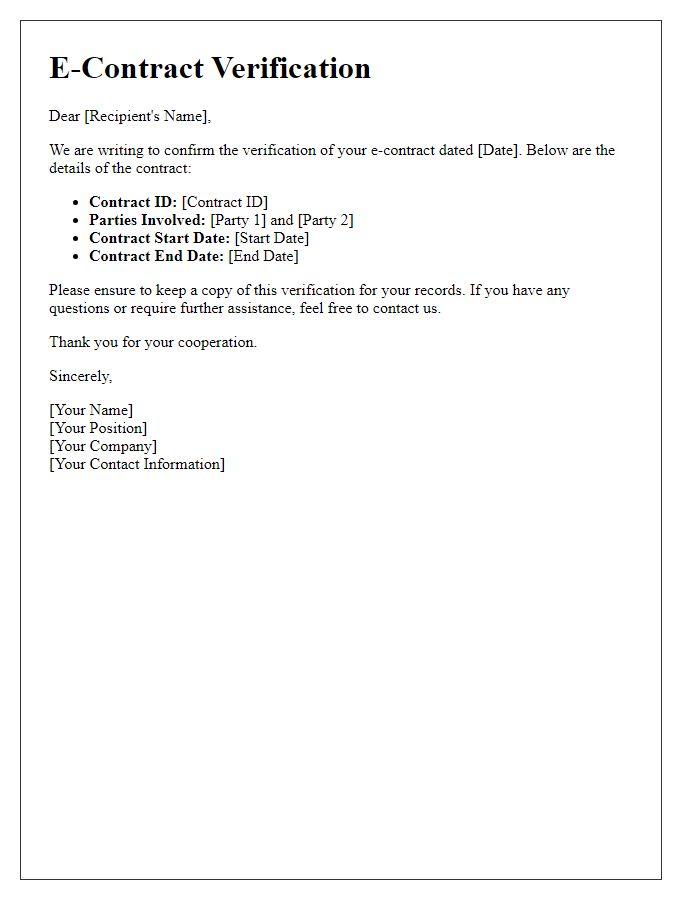
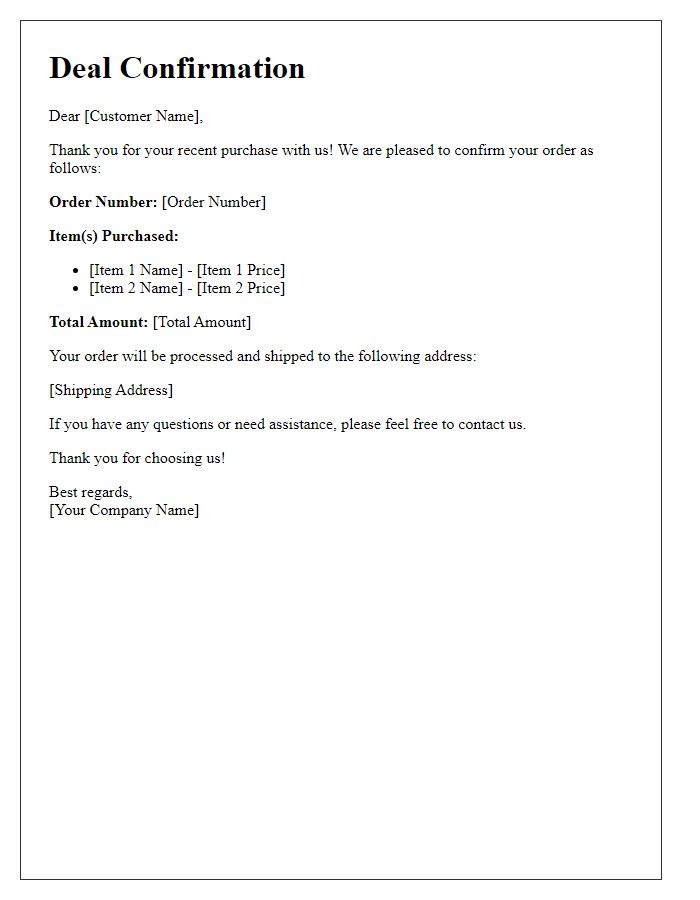
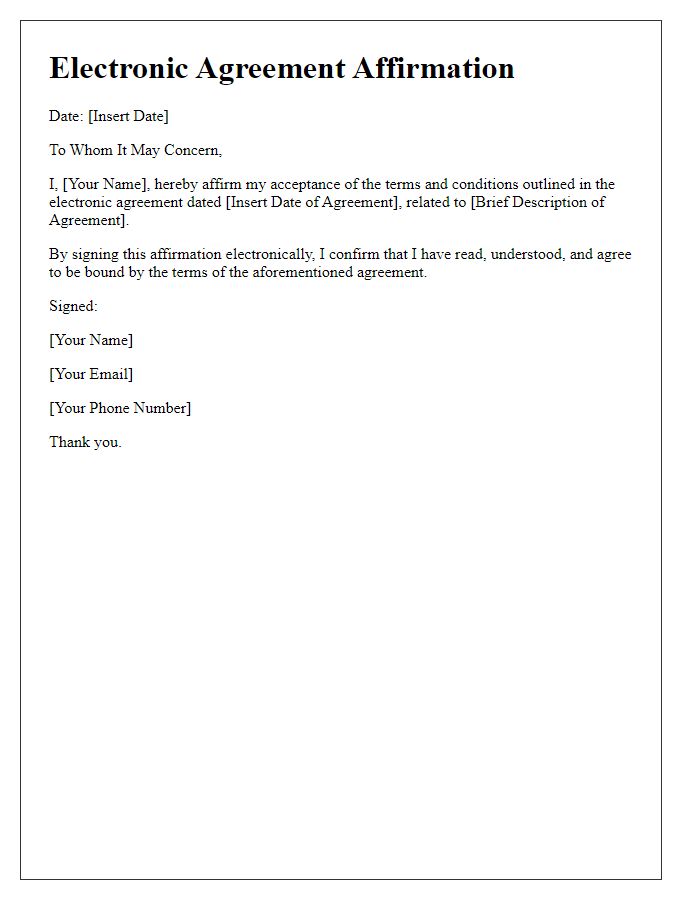
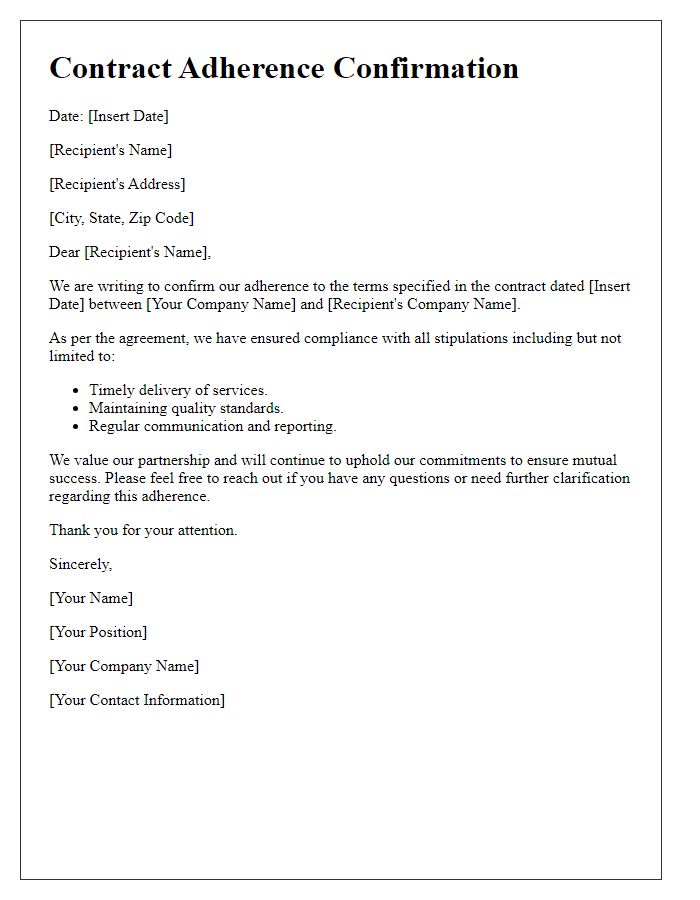
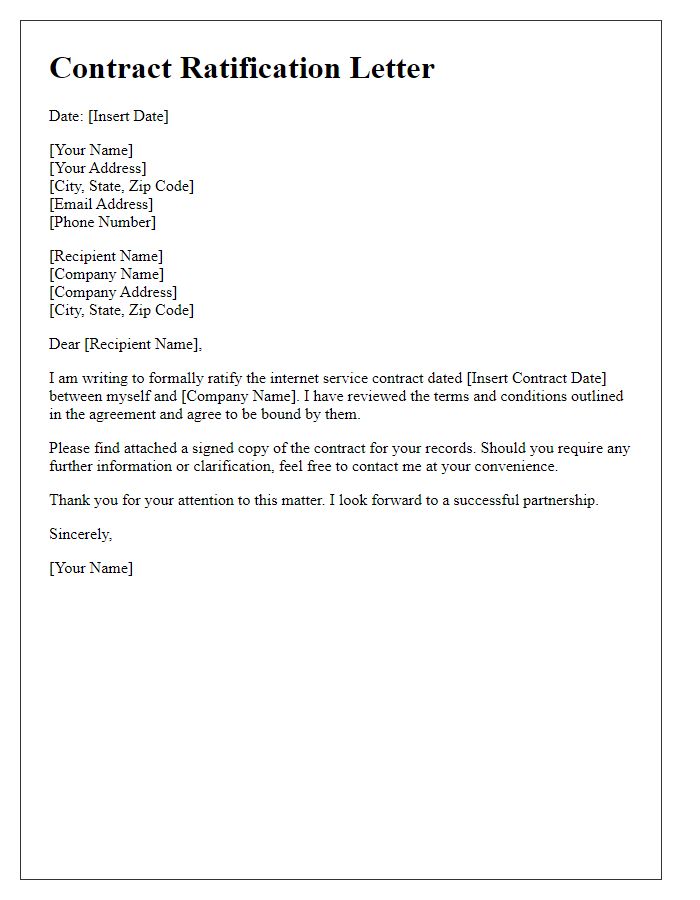
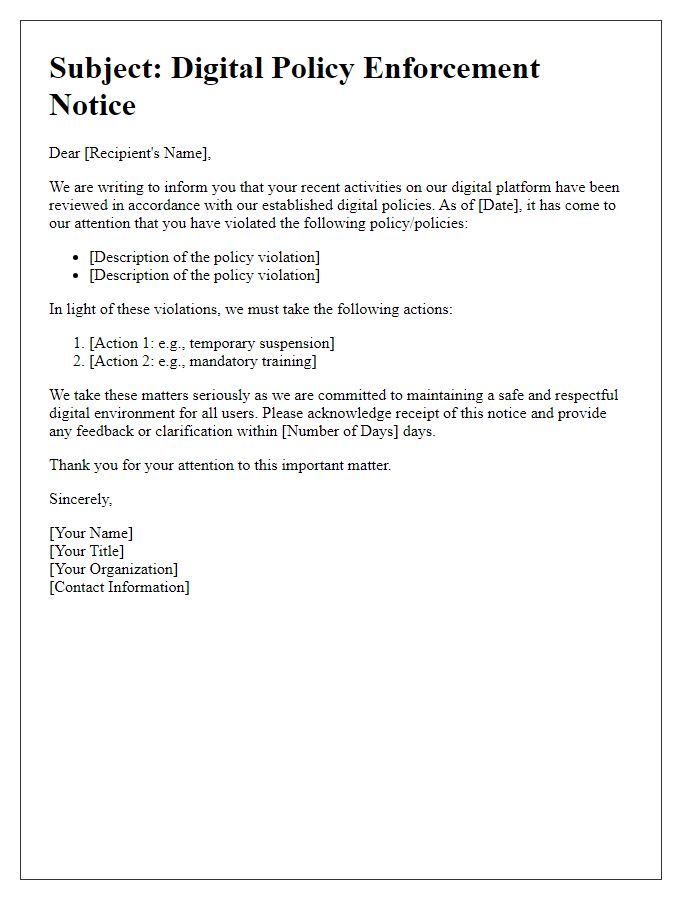
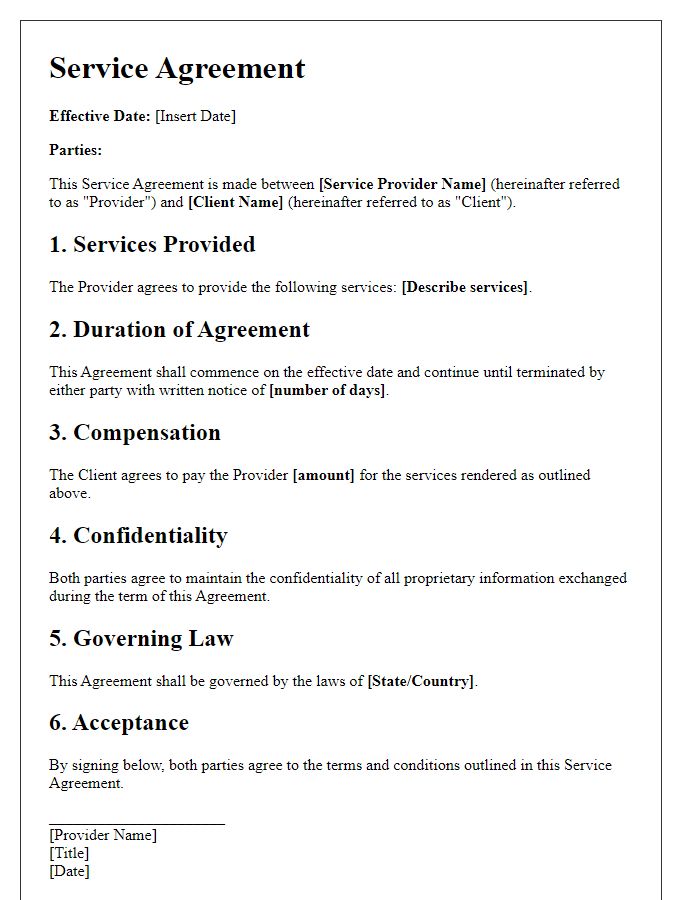
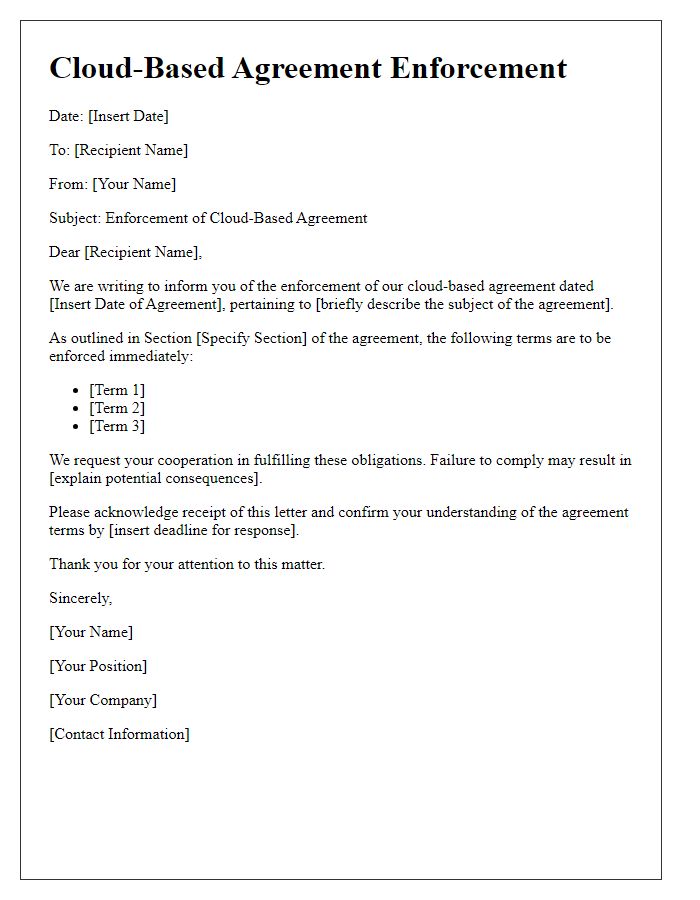


Comments